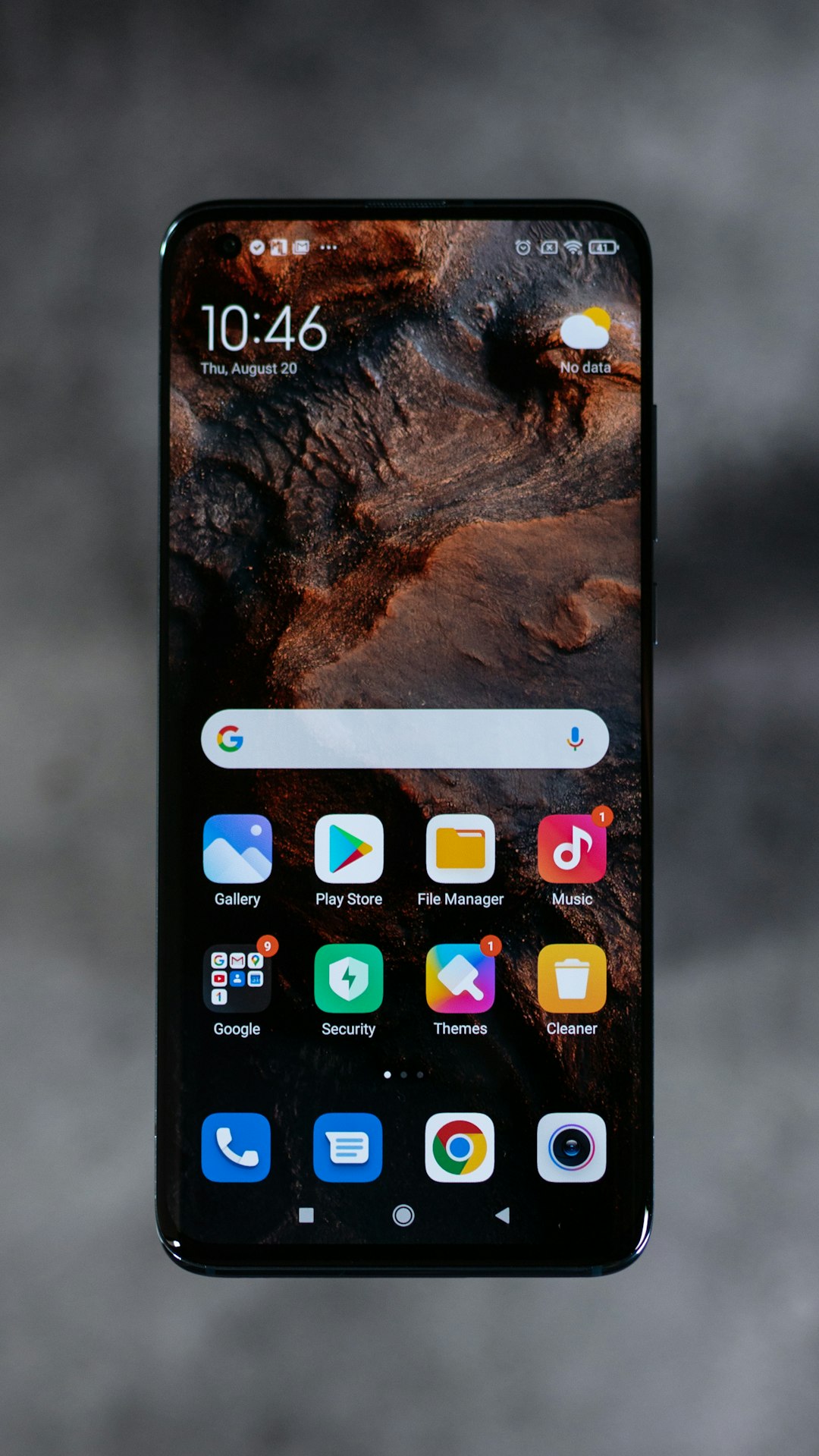Oregon's telemarketing laws protect consumers from nuisance calls, with strict rules for charities fundraising by phone. Non-compliance carries heavy fines. Charities must understand these regulations, which include call timing, content, and consent, with limited exemptions. Consulting a Do Not Call Lawyer Oregon ensures compliance, builds donor trust, and avoids legal issues related to telemarketing.
In Oregon, charities often rely on telemarketing to secure donations and support. However, these organizations face limited exemptions under strict Do Not Call laws, leaving them vulnerable to legal repercussions if they fail to comply. This article guides charities through Oregon’s telemarketing regulations, highlighting their rights and obligations. We explore the legal implications of non-compliance and provide practical strategies for effective navigation, ensuring charities can maximize fundraising efforts while respecting consumer choices with the assistance of a Do Not Call Lawyer in Oregon.
Understanding Telemarketing Rules and Their Application to Charities in Oregon

In Oregon, telemarketing rules are designed to protect consumers from unwanted calls, with specific regulations targeting charities to ensure fair practices. These rules are comprehensive and cover various aspects of fundraising activities, including call timing, content, and consent. Charities that fail to adhere to these guidelines may face legal repercussions, as there are limited exemptions available.
Understanding the application of telemarketing laws in Oregon is essential for both charitable organizations and potential donors. A Do Not Call Lawyer Oregon can offer guidance on navigating these regulations, ensuring charities respect consumer rights while effectively promoting their causes. By complying with the rules, charities can foster trust and maintain a positive relationship with their supporters, avoiding any legal complications that may arise from non-compliance.
Limited Exemptions: What Charites Are Allowed Under Current Regulations

Charities operating in Oregon, and across the nation, face stringent telemarketing regulations designed to protect consumers from unwanted calls. However, there are limited exemptions available for certain organizations, including charitable entities. These exemptions allow charities to reach out to potential donors through phone calls, while still adhering to legal guidelines.
In Oregon, charities may qualify for exemptions under specific conditions. For instance, they can make telemarketing calls if they obtain prior written consent from the recipient or if the call is made for internal fundraising purposes among existing donors and volunteers. It’s crucial for charitable organizations to understand these rules thoroughly to avoid legal repercussions, especially with the assistance of a Do Not Call Lawyer Oregon, who can guide them through the complexities of telemarketing laws.
Legal Implications for Non-Compliance with Do Not Call Laws in Oregon

Non-compliance with Oregon’s Do Not Call laws can lead to significant legal implications for charities and telemarketers. Failure to respect a consumer’s right to opt-out of calls can result in substantial fines, often amounting to thousands of dollars per violation. These penalties are enforced by the Federal Trade Commission (FTC) and state attorneys general, who actively monitor and investigate complaints related to telemarketing practices.
Charities that engage in unsolicited phone marketing must ensure they have proper consent and follow strict guidelines to avoid legal repercussions. Oregon’s Do Not Call laws provide consumers with a measure of control over their communication preferences, protecting them from unwanted calls. A Do Not Call Lawyer Oregon can guide charities through these regulations, ensuring compliance and minimizing the risk of costly lawsuits and regulatory actions.
Strategies for Charities to Navigate Telemarketing Regulations Effectively

Charities often rely on telemarketing as a crucial tool for fundraising, but they must navigate a complex web of regulations to ensure compliance. One effective strategy is to thoroughly understand and document their purpose, especially when engaging in direct marketing. Charities should clearly articulate their mission and demonstrate how funds will be utilized, ensuring transparency with potential donors. This approach can help build trust and foster supportive relationships.
Additionally, charities can leverage legal exemptions available under the Telephone Consumer Protection Act (TCPA) and local Do Not Call laws, such as those in Oregon. By consulting with a Do Not Call Lawyer Oregon, charities can learn about specific provisions and ensure their telemarketing practices align with legal requirements. This proactive approach not only avoids legal issues but also enhances the organization’s reputation, allowing them to focus on their core mission: assisting those in need.






